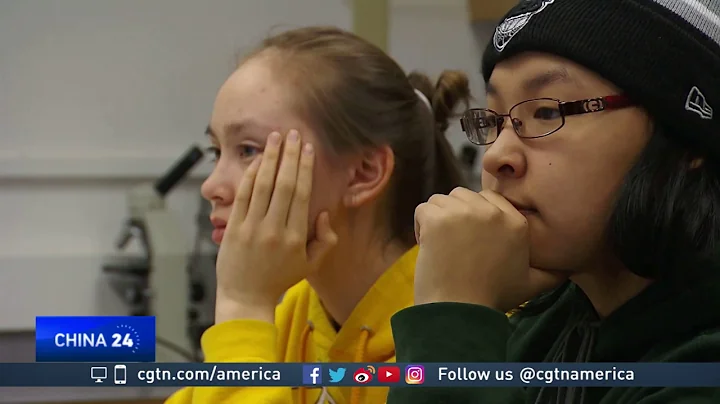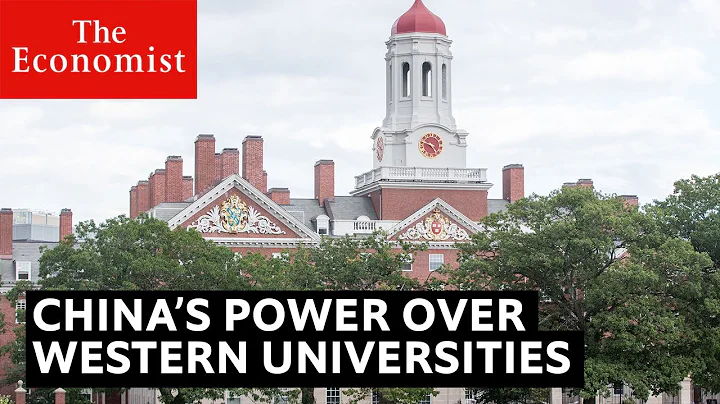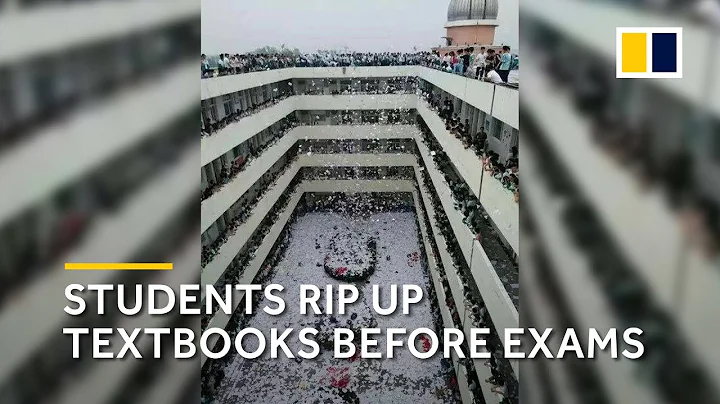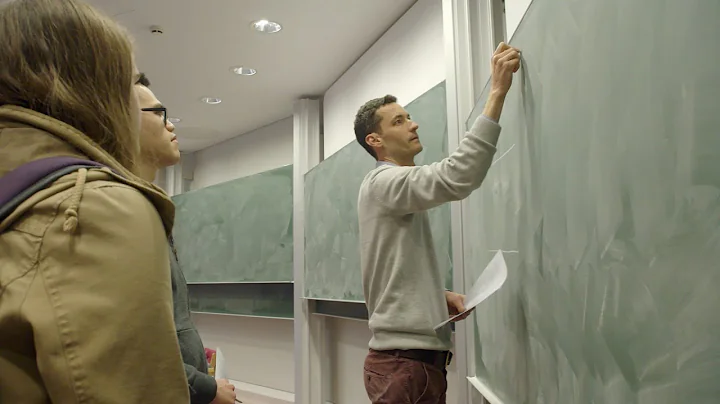Hello everyone, I am a student of Chongqing University Electronic Information this year. I would like to talk to you about my experience and how I prepared for the exam from the four examination subjects: politics, English, mathematics and professional courses.
First let’s talk about school choice. For me, I have always liked the city of Chongqing, so I did not hesitate to choose the best school in Chongqing to study for postgraduate studies when I took the postgraduate entrance examination. I wanted to come to Chongqing to experience the city. Culture, now I like living in the city, this is also my motivation when preparing for the exam. When choosing a school, you can think about the factors that can promote your learning and give you motivation, and then make your choice. Summer vacation is coming, and those who have not yet chosen a school must make their choice as soon as possible.
Chongqing University does not announce the enrollment ratio of compared to , but its number of admissions has increased year by year in recent years, which is due to a trend of enrollment expansion. For the electronic information master's degree, the number of graduates and graduates has not been fully recruited in the past. At this time, the quota will be open to public recruitment, so the number of people available for recruitment becomes more. In 2021, the public recruitment plan is for 40 people, and 10 will be exempted. However, judging from the final actual enrollment situation, 71 people were publicly recruited. So it is very friendly to apply for the exam.
Let me introduce my learning method.
First of all, let’s take politics as an example. Generally speaking, you don’t need to prepare too early for politics. I started preparing in August. In the early stage, I did not choose to watch the intensive courses offered by political teachers on the market, but directly chose to read "Concise Lectures" by Xiao Dada. Let yourself have a preliminary impression in your mind, and at the same time, after reading a chapter, do its 1000 questions to consolidate the knowledge points. I also bought a political knowledge outline. Personally, I think this is just an outline but it is very useful in the early stage. It will make me understand the knowledge context of each chapter more clearly and know what this chapter is about. The advantage of this method is that it saves time. It does not take as long as watching videos, but it will be more boring. If you feel that just reading a book is a bit boring, you can take a look at the intensive courses of mainstream political teachers on the market. It might be more interesting to do the questions together. Politics does not take too long in the early stage. Since August, I have been studying politics for about an hour after lunch every day. In the later stage, around November, many teachers will issue simulation papers on politics. I did almost all the teacher's mock papers on the market. I think this is very necessary. It can exercise our hands and deepen our impression of the knowledge points. Many knowledge points are used in solving the questions. It was absorbed unconsciously in the process. After Xiao Si comes out, you must memorize the big questions on Xiao Si. As long as the big political questions are not too bad, you won't gain too many points. The most important thing about politics is multiple choice questions.
Next up is English. One very important point in learning English is: keep memorizing words! Be sure to stick to it until before the exam. This may be easy in the early stages. But after October, many contents such as , English composition, , political knowledge points, professional course knowledge, etc. need to be memorized. This is the recitation of English words that is often ignored. You must strengthen your perseverance and memorize words every day. Only in this way will you not lose your sense of English. By October, I have basically finished reading English once or twice. Maybe you will know what the article is about after reading this article, but you must do it seriously and make sure you can read it again every day. Do 1-2 readings to maintain your sense of language. As for English composition, I started memorizing it around October. In the early stage, I memorized the template of a small composition every three or four days, and then started to recite the sentences and structures used in larger compositions. I just memorized a composition book called "Composition Between", which I personally found pretty good. I also used many of the sentences above in the English test that day. As for the other triathlons, I probably started preparing for them in mid-October. There are a lot of tips on triathlons on the surface, so just memorize them.
Regarding mathematics, the most important thing is to do the questions. Don’t think that you can do it just because you’ve watched the video. Understanding and being able to do are two different concepts. You must do more questions, and don't do them mechanically. You must think more and summarize more. Good at classifying questions.At the same time, when summarizing the questions, copying the questions and answers may be a waste of time. It is better to just mark the things you don’t know with familiar marks. The second time, you only do the things you didn’t know the first time, and the third time, you only do the questions. It won’t happen twice. Doing the questions is so important. The videos and the methods taught by the teacher are far inferior to the cost-effectiveness of doing the questions. Don’t delay watching the video for too long in the early stage. When you are almost done, start solving the questions quickly. Even if you have a little difficulty in doing the questions the first time, Better than chewing videos all the time. In the early stage, I did Li Lin's 880. Personally, I think the quality of Li Lin's questions is still very high. In the later stage, while paying attention to the real questions, you should also pay attention to the simulated questions. In the later period, I basically did all the simulated questions from mainstream teachers. The purpose of doing the real questions is to let you understand the routine and context of the real questions, and you can do the simulated questions. Expand your own question bank. Different teachers have different ideas for setting up simulation questions and the knowledge points contained in each set of questions are different, so simulation questions can also help open up your ideas.
For professional courses, my professional course tests two books on digital electronic technology and analog electronic technology. You can also refer to the "Xinxiangxu Tutoring Class Professional Course Handouts". I also took these two courses as an undergraduate, but the foundation was not very solid. So don’t worry too much even if your foundation is weak. First, I sorted out the knowledge points from the two books and did the important after-class exercises. In fact, for those who are not very good at the basics, there will still be some knowledge points that are not very clear when listening to the class on the ground. As long as you listen more and review more, you will be able to understand. The most important thing for professional courses is the real test questions. For electronic information at Chongqing University, the types of real test questions are almost the same every year. At the same time, there are many repeated questions or examples from books. This requires ensuring that each question on the real question must be very clear about why it is done, and the knowledge points involved behind this question must be clearly understood. I have probably gone through the real test questions four times over and over again, so I am very familiar with the real test questions. This is the secret to getting high scores in professional courses.
For digital electronics, the contents of Chapter 1 and Chapter 2 are the basics of digital electronics. The basic formulas, Karnaugh map and simplification methods are all basic and relatively simple content. If the test questions are published, they will be in About 15 points, these points cannot be lost. The content of the test in Chapter 3 will be relatively small, and there may be a multiple-choice question or a small fill-in-the-blank question. The most important chapters for digital electronics are combinational logic and sequential logic. For the analysis and design methods of different circuits, you must have a firm grasp of them. For commonly used combinational logic and sequential logic devices, you must remember that practice makes perfect. If you have difficulties during the review process for the postgraduate entrance examination, you may also wish to sign up for a tutoring class, such as Xinxiangxu's one-to-one private customized VIP tutoring courses for all postgraduate entrance examinations, which are highly targeted, the class time can be flexibly negotiated, and free after class Answering questions and clearing up doubts is very helpful in preparing for the postgraduate entrance examination and re-examination.
For analog electronics, it is slightly more difficult than digital electronics, so you have to be more serious when studying, and you cannot let go of any uncertain questions or uncertain knowledge points. In the first chapter, we need to understand the principles of diode and transistor , and apply them to the remaining pictures. Basic amplification circuit usually takes a big question, and everyone should memorize the formula. Another key difficulty in analog electronics is the feedback part. This is a knowledge point that is tested every year, so everyone must overcome this difficulty when studying. The score obtained every year is about 12-15. It should be noted that in the chapter of Signal Operation and Processing, last year we tested a knowledge point called Integral Calculator that has not appeared in the previous real questions. Therefore, every knowledge point in analog electronics cannot be missed to prevent it from being used in this year's real questions. I panic when a knowledge point that has never appeared before appears on the exam.
Regarding the re-examination, I personally feel that Chongqing University’s re-examination does not discriminate against those from other schools and undergraduates. More attention will be paid to the professional course knowledge you have learned in your undergraduate degree.Therefore, what we have to do during the re-examination is to clearly remember the concepts and frameworks of the key knowledge of the important professional courses we have taken in our undergraduate studies. At the same time, we must also be familiar with our graduation design, , and course design to avoid asking questions related to this. The problem is unclear. At the same time, try to overcome your nervousness during the re-examination, speak generously and appropriately, and even if you encounter unfamiliar knowledge points, try to answer relevant knowledge points and don't stay there. The teachers are very kind and approachable.
Summer vacation is coming. Summer vacation is a very important time point for postgraduate candidates. You must make good use of it. I hope all the junior students can come ashore as soon as they wish!






















